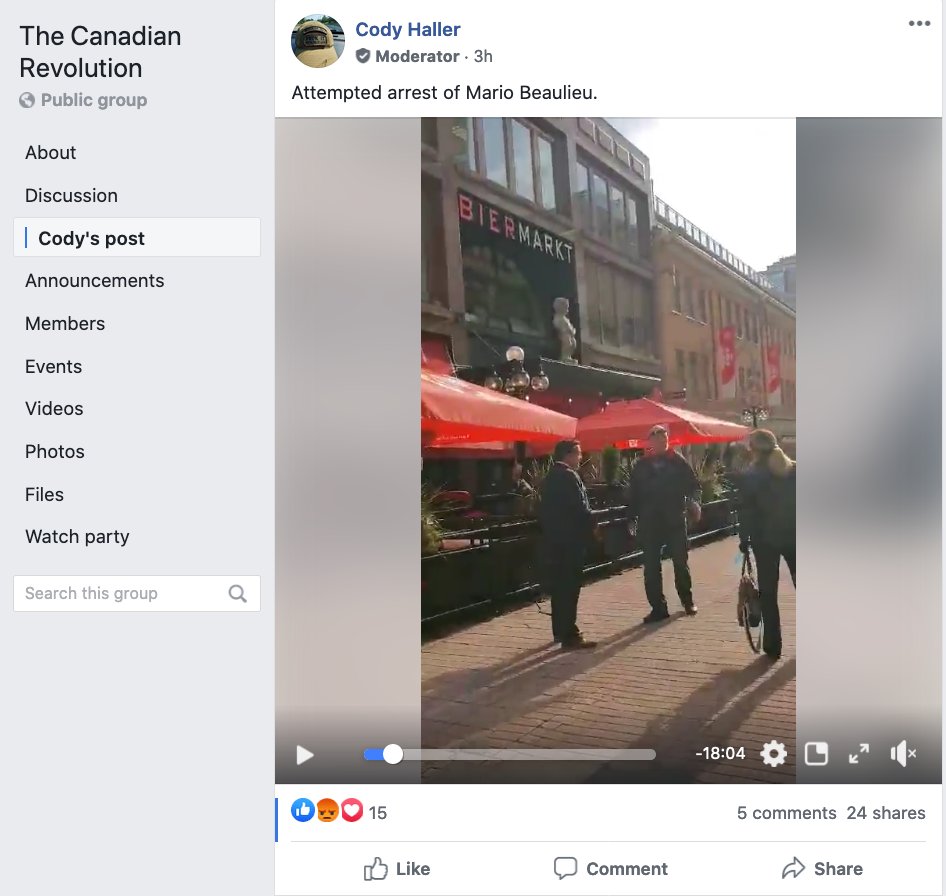
So, Canada’s having an election.
One of my beefs with how Canada’s legacy media covers elections is they can be very superficial: Lots of commentary about horse race polls and staged events, not much focus on issues and ideas.
Here’s what @pressprogress does to fill those gaps:
One of my beefs with how Canada’s legacy media covers elections is they can be very superficial: Lots of commentary about horse race polls and staged events, not much focus on issues and ideas.
Here’s what @pressprogress does to fill those gaps:
The reason something like @pressprogress exists is because bigger outlets keep missing important stories.
We focus on stories on underreported issues like social and economic inequality, big business and labour, right-wing politics and extremism, civic institutions, etc.
We focus on stories on underreported issues like social and economic inequality, big business and labour, right-wing politics and extremism, civic institutions, etc.
That’s our editorial mission. Those are our perameters. We basically spend our time looking for original stories inside those areas of coverage.
During this election, @pressprogress is going to keep doing what we always do, but we want to emphasize a few other things too:
During this election, @pressprogress is going to keep doing what we always do, but we want to emphasize a few other things too:
1. We’re going to look specifically at how election platforms impact working-class people.
If you want to know what the nation’s business elites think about election promises, go read the @nationalpost. If you want a working-class lens, consider visiting pressprogress dot ca.
If you want to know what the nation’s business elites think about election promises, go read the @nationalpost. If you want a working-class lens, consider visiting pressprogress dot ca.
2. We’re also keeping our eyes peeled to fact-check bad information.
We have special tools we use to monitor the information that pops up in Canadians’ news feeds. Our team reguarly monitors a pretty vast network of right-wing Facebook pages and other fringe online communities.
We have special tools we use to monitor the information that pops up in Canadians’ news feeds. Our team reguarly monitors a pretty vast network of right-wing Facebook pages and other fringe online communities.
3. We’re also going to scrutinize extreme candidates. That’s important, esp. given the disturbing numbers of people radicalized by unhinged conspiracies during the pandemic and Trump years.
Canadians should be informed about those who want the power to create and pass laws.
Canadians should be informed about those who want the power to create and pass laws.
An election is a process for selecting who has the power to make life-or-death decisions that could impact you and your family.
It’s not a reality TV show, it’s not a sport.
That’s why @pressprogress will keep breaking stories and focusing on issues the big outlets miss.
It’s not a reality TV show, it’s not a sport.
That’s why @pressprogress will keep breaking stories and focusing on issues the big outlets miss.
Anyway, if you like what you hear and want to support our work over the next 36 days, we do investigative and explanatory journalism and we’re run on a non-profit model:
nb.pressprogress.ca/help_us_protec…
nb.pressprogress.ca/help_us_protec…
• • •
Missing some Tweet in this thread? You can try to
force a refresh






















